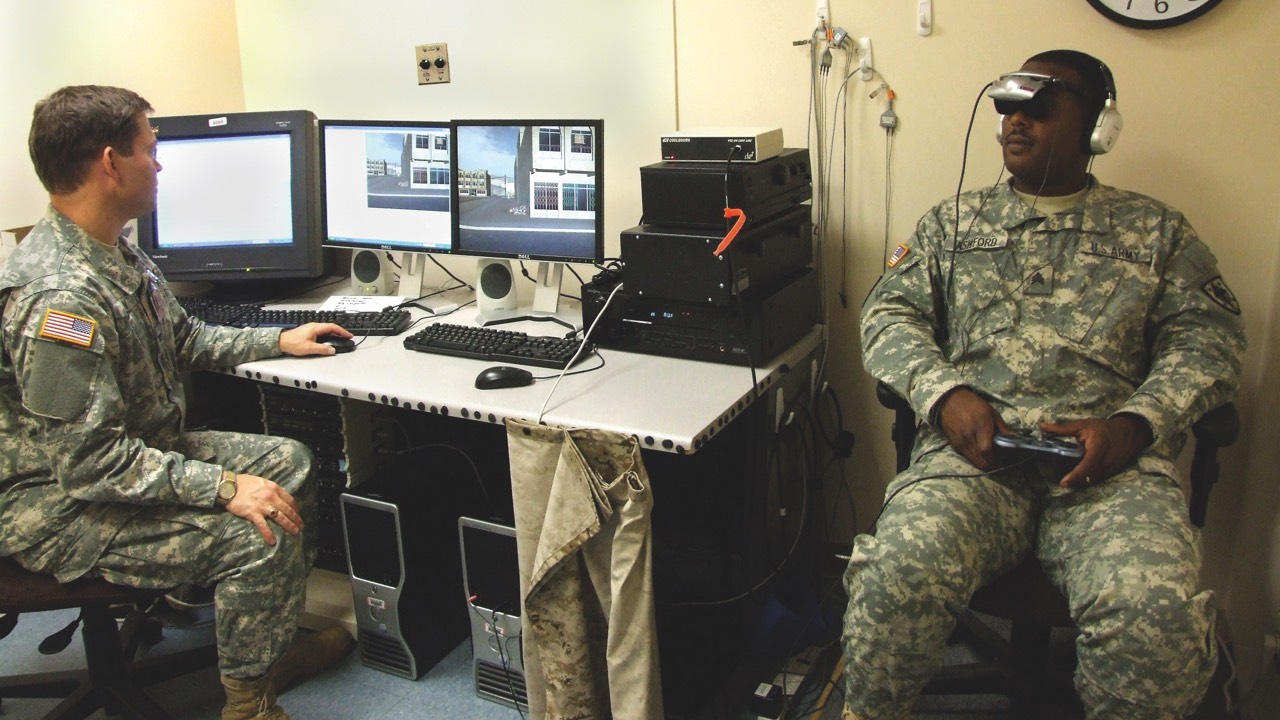Medical device and MedTech insights, news, tips and more
Healthcare’s Top VR Companies
April 11, 2017

Medical VR is an area with fascinating possibilities. It has not just moved the imagination of science-fiction fans, but also clinical researchers and real life medical practitioners. As a doctor, you could assist in the OR without ever lifting a scalpel. If you are a medical student, you could study the human body more closely and prepare better for real life surgeries. As a patient, you could escape the confinement of your hospital room and travel to Iceland. Even better, your pain and your stress might feel like they evaporated through the VR experience. As a patient with mental health problems, you could fight your possible fear of heights, schizophrenia or paranoia more successfully. VR seems to conquer healthcare gradually. And not only that.
Although VR has promised to become “the next big thing” on the market for decades in vain, statistics show that the time has come now for the technology. Various market research companies estimate that the VR hardware and software market could be worth around $30 billion by 2020. The sales of VR headsets are projected to skyrocket in the next few years: 500 million could be sold by 2025. Currently, there are 685 virtual reality start-ups with an average valuation of $4.5 million, according to start-up tracking site AngelList; and their number will grow further. This all means that both the demand and the supply side – starting from the cheap Google Cardboard to the expensive Oculus Rift – is growing. So, I thought it is time to enlist the most important VR companies in healthcare. Challenge accepted!
VR companies bringing change to psychology
1) Psious is treating your phobias differently
It is a sunny Monday and the rumbling of a busy Hong Kong street filters through the one-bedroom apartment. You want to, but you cannot leave your room because even the thought of being in a large open space packed with people terrifies you leaving you impotent. How can you get out of this dragging situation? How can effective help be offered?
The Spanish and American behavioral health technology company, Psious offers unique treatment for psychological conditions such as fear of flying, needles, various animals, public speaking, general anxiety or agoraphobia. With the help of VR, patients get into situations which are fearful for them under the constant control of a physician. Their task is to face their fears and gradually let them go, while their imagination is helped by VR. Until now, the results are more than encouraging!
2) Virtually Better offers VR exposure therapy for anxiety, depression or phobias
Do you remember the scene from Friends, where Ross and Rachel agreed that Rachel will go to the playground and try the swing in spite of her fears if Ross is willing to touch an exemplar of the dreadful spider? In psychology, this is called exposure therapy. When you confront a fearful situation.
Virtually Better, the pioneering VR company founded in 1996, offers among others an exposure therapy for people suffering from anxiety disorders, specific phobias or PTSD. This technology allows clinicians to circumvent many of the challenges associated with other types of exposure therapy, and treat problem areas that most clinicians simply lack the resources to effectively treat. It is simply not enough in most cases to tell the patient to imagine his or her greatest fear to solve the problem – otherwise, the patient would not really need the intervention of a professional…

3) Bravemind is freeing soldiers from PTSD
Have you ever watched the movies The Deer Hunter, Born On The Fourth of July or The Hurt Locker? Then you might grasp the struggle of active participants of such traumatic events as the Vietnam or Iraq wars to get over their experiences and fit again into everyday life. Although not only war veterans and soldiers experience post-traumatic stress disorder (PTSD), but also victims of sexual assault or abuse, Bravemind is first of all for combat-related PTSD.
The VR Exposure Therapy was developed by a research team at the University of Southern California. It allows clinicians to gradually immerse patients into virtual environments representative of their traumatic experiences in a controlled, stepwise fashion. They control the multi-sensory emotional stimuli, which patients receive; and monitor the intensity of the patients’ stress responses via advanced brain imaging and psychophysiological assessment techniques.

See all the other companies here – Source: Top Virtual Reality Companies in Healthcare – The Medical Futurist
